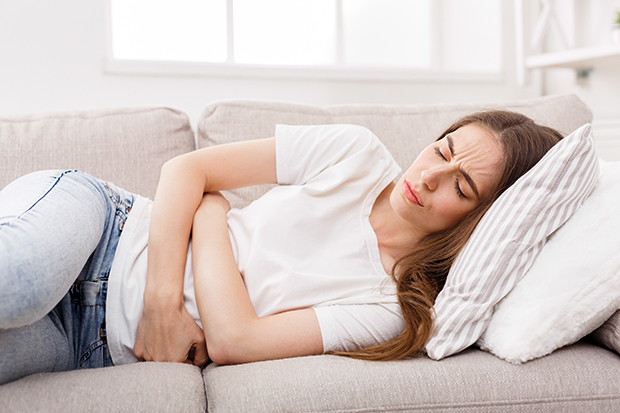
Submitted by Advanced Women’s Healthcare
Women might be surprised to know that most of them will develop fibroids or polyps as a health issue sometime in their lives. In fact, studies show that 70 percent of white women and 80 percent of African-American women will develop fibroids by the time they are 50.
Although these growths are among one of the most common health problems a woman can face, few know what they are, what the symptoms can be, and what treatments are available to them.
What is a fibroid or polyp?
Fibroids and polyps are growths in a woman’s uterus that are usually benign but can be malignant in some cases. Even though most are benign, some of the most substantial problems they cause for women result in infertility, trouble with getting pregnant, and suffering with recurring miscarriages.
Polyps, on the other hand, are from the inner lining of the uterus from overgrowth. They are usually easy for a physician to remove. Fibroids are larger and are usually imbedded in the smooth muscle of the uterine wall.
Fibroids vary in type, size, and where they grow in the uterus. Two types of fibroids can grow inside the uterus on a stalk or outside the womb. Others can grow just below the lining of the uterus. Some fibroids grow in the middle of the uterine wall and some develop under the inner lining of the uterus. Heredity and race can increase your risk of developing fibroids.
Uterine polyps usually occur in women in their 40s and 50s. Factors that can put you at risk for fibroids are obesity, high blood pressure, and a history of cervical polyps. Endometrial polyps —or those that grow in the lining of the uterus — occur in 10 percent to 25 percent of women, and are present in 25 percent of women with abnormal uterine bleeding, or heavy periods.
What are the symptoms?
While some fibroids and polyps can go undetected based on size and where they are located, there are a number of symptoms that women should be aware of. Many will suddenly suffer from heavier periods than usual (lasting seven days or longer), sensations of abdominal or pelvic-area bloating, belly or pelvic pain, constipation, or pain during sexual intercourse. Other, less-common symptoms are frequency of urination, leakage of urine, and difficulty with bowels or emptying the bladder. While the majority of these symptoms are not life-threatening, they can detract from a woman’s quality of life.
Treatment options
There’s no single best treatment approach. For uterine fibroids and polyps, “watchful waiting” may be recommended. Active treatment is unnecessary unless the fibroid or polyp changes, or if you’re at risk for development of cancer or if bleeding gets very heavy.
Certain hormonal medications, including progestins, may shrink polyps and lessen symptoms, but such medications are short-term solutions at best. Symptoms typically recur once you stop taking the medicine.
Fibroids usually grow slowly, or not at all, and tend to shrink after menopause when levels of reproductive hormones drop. Medications for fibroids target hormones that regulate your menstrual cycle, treating symptoms such as heavy menstrual bleeding and pelvic pressure.
They don’t eliminate fibroids, but may shrink them.
As recently as 20 years ago, hysterectomy was the standard treatment for fibroids and polyps. In addition to the complete loss of fertility that comes with a hysterectomy, patients routinely faced long, painful recuperation times. New procedures for laparoscopic hysterectomies may have reduced recovery time for some women, but did nothing to prevent the loss of fertility and hormonal changes associated with a hysterectomy.
Today, alternatives exist that are less invasive and can be performed on an outpatient basis. These procedures can eliminate fibroids and uterine polyps without having to cut or remove any part of the uterus.
Dele Ogunleye, M.D., and Lisa Emm, M.D., provide a full range of obstetric and gynecologic services. Brittany King is an advanced practice nurse specializing in women’s health. You may contact them at Advanced Women’s Healthcare, 309-808-3068 or www.awhcare.com. The office is located at 2111 East Oakland Avenue (Next to the Jewel-Osco Plaza).

